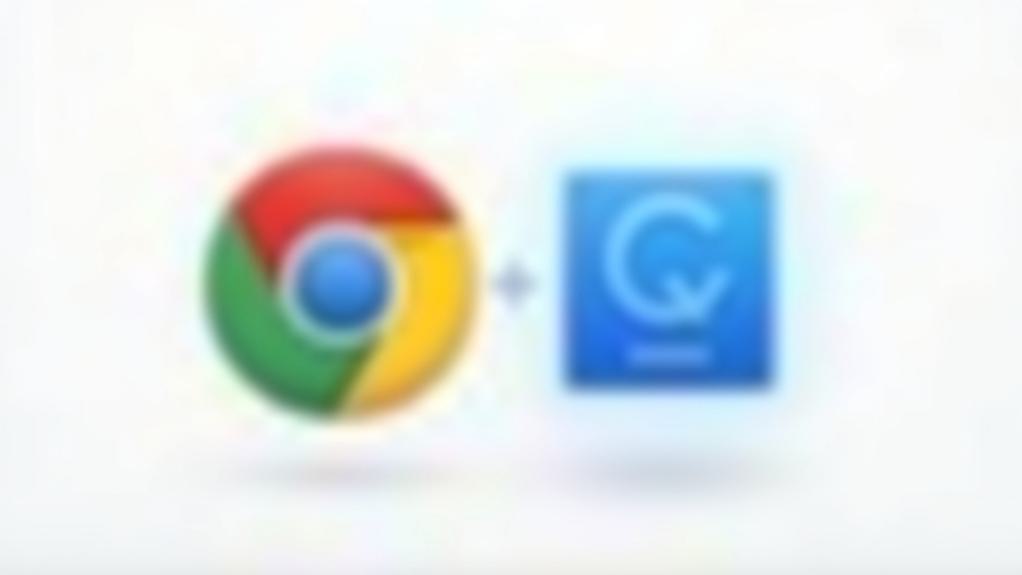OpenAI’s potential acquisition of Google Chrome could reshape the tech landscape, as antitrust regulators push Google to potentially sell its browser division. With a fierce bidding war emerging between OpenAI, Perplexity AI’s $34.5 billion offer, and Yahoo’s interest, Chrome’s future hangs in the balance. The deal could transform everyday browsing by integrating AI capabilities directly into Chrome’s interface, though managing billions of users presents significant challenges. The story unfolds like a high-stakes game of tech Monopoly.
While tech giants often make surprising moves in Silicon Valley, OpenAI’s interest in potentially acquiring Google Chrome has sent shockwaves through the industry. The AI powerhouse’s CEO Sam Altman and ChatGPT head Nick Turley have both indicated their openness to purchasing the world’s most popular web browser, should antitrust regulators force Google to sell it.
The timing couldn’t be more interesting, as the U.S. Department of Justice‘s antitrust case against Google heads toward an August 2025 ruling deadline. Think of it as a high-stakes game of tech Monopoly, where the prize is a browser used by billions of people worldwide.
OpenAI isn’t alone in this browser-shopping spree – Yahoo and Perplexity AI have already thrown their hats in the ring, with Perplexity making a bold $34.5 billion bid. The growing focus on regulatory scrutiny has motivated potential buyers to position themselves early.
The race to own Chrome heats up as tech companies line up with their checkbooks, Perplexity AI leading with $34.5B.
For OpenAI, nabbing Chrome would be like getting the keys to the internet’s most popular car. Despite being smaller than Google, the company could transform Chrome into an AI-powered browsing experience, fundamentally giving ChatGPT a comfy home right in your browser window.
It’s like upgrading from a regular car to one that can drive itself and make dinner reservations. Analysts predict a Chrome sale could trigger a 15% to 25% drop in Google’s stock value.
The potential sale represents more than just a changing of the guard. Regulators hope breaking up Google’s browser-search combo will spark competition in the market, kind of like splitting up a tech monarchy to create a more democratic digital kingdom.
For users, this could mean new features, better privacy controls, and AI tools baked right into their daily browsing.
However, OpenAI would face some hefty challenges. Running a browser used by billions isn’t exactly like managing a chatbot – it’s more like jumping from running a food truck to operating a global restaurant chain overnight.
The company would need to invest heavily in development, infrastructure, and competitive features to keep Chrome’s massive user base happy and clicking.







